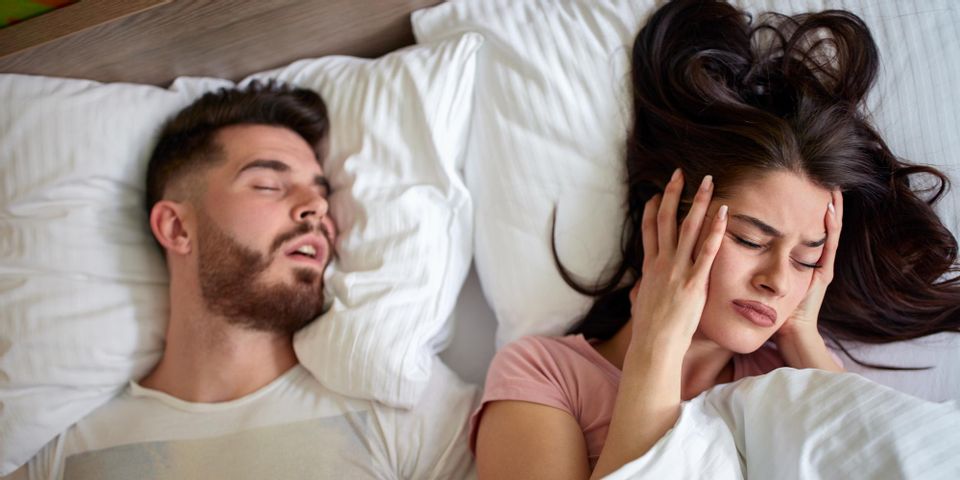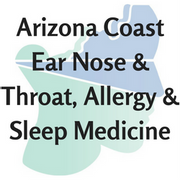5 Signs You May Have Sleep Apnea

Sleep apnea is a serious sleep disorder that affects millions of adults. However, many cases go undiagnosed, leaving people sleep deprived and at a higher risk of other health conditions, including diabetes, stroke, and heart attack. There are many different types of sleep apnea, so it may be tough to know if this is the cause of your sleeping troubles. Learn more about the various symptoms to decide when it's time to see a specialist.
Common Signs of Sleep Apnea
1. Breathing Pauses While Asleep
Sleep apnea is caused by frequent stops in your breathing during sleep. Most people with apnea will stop breathing five to 30 times per hour, and only begin breathing again when they wake up. Because these pauses are so short, most people don't register that they've woken up, even though their sleep was disrupted. Therefore, apnea sleep disorders are typically noticed by a partner or roommate who will mention that you stop breathing during sleep.
2. Snoring
Loud, persistent snoring is another sign of possible sleep apnea. Many people who snore don't have sleep disorders, but the restricted airways associated with sleep apnea can cause snoring. People with sleep apnea are also more likely to sleep with their mouths open in an attempt to breathe, causing dry mouth, filmy teeth, and snoring. If you snore loudly every night, regardless of sleep position, it could be a sign of a sleep disorder.
3. Waking Up Tired
 When your sleep is disrupted hundreds of times per night, it makes sense that you'll wake up tired. If you consistently feel unrested, despite spending seven to nine hours in bed each night, something is likely disrupting your sleep. Other sleep disorders can contribute to excessive daytime sleepiness, but sleep apnea is often the culprit.
When your sleep is disrupted hundreds of times per night, it makes sense that you'll wake up tired. If you consistently feel unrested, despite spending seven to nine hours in bed each night, something is likely disrupting your sleep. Other sleep disorders can contribute to excessive daytime sleepiness, but sleep apnea is often the culprit.
4. Suffering From Headaches
If you typically wake up with a headache, especially when you're also sleepy during the day, it may be a sign of sleep apnea. When you stop breathing, oxygen to your brain is restricted, which causes blood vessels to widen and leads to headaches. High blood pressure is also associated with sleep apnea and can contribute to morning headaches.
5. Waking Up to Urinate
If you're not sleeping deeply, you're more likely to feel when you have to urinate. This means that you may get up to use the bathroom when someone without a sleep disorder may have slept through the night. The reduced oxygen due to sleep apnea can also put stress on your heart, which in turn affects kidney function. If your kidneys produce more urine, you'll need to wake up to use the bathroom more often.
If you’ve noticed any of these symptoms in yourself or a loved one, make an appointment with the professionals at Arizona Coast Ear, Nose, Throat, Allergy & Sleep Medicine. These compassionate experts will assess your symptoms to figure out what’s keeping you from getting a good night’s sleep. Serving Lake Havasu City and Mohave County, AZ, these doctors work with patients of all ages and use state-of-the-art diagnostic evaluations to efficiently diagnose and treat sleep disorders. Learn more about their approach by visiting their website, or call (928) 854-5368 to schedule an appointment.
About the Business
Have a question? Ask the experts!
Send your question

